Today’s blog post comes courtesy of John Rember, author of MFA in a Box and a long-time professor of creative writing
Over my years of teaching writing, I’ve consistently recommended that MFA students read books that, to me, live at the heart of writing. Not all of my students have liked my recommendations at the time, but I’ve gotten a number of letters from former students saying, in effect, “You know that book I told you I hated? I read it again, and it’s a great book.”
I have always written back, saying that some books are an acquired taste, being gracious and kind in victory, and asking them if they might now consider reading some other stuff I’ve written.
Here’s a brief annotated booklist that includes none of my books, not even MFA in a Box — although you might as well order it as a companion volume to the others. That’s what it was designed to be.
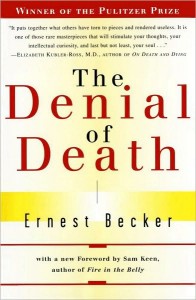 Denial of Death, by Ernest Becker. Written with “man” meaning “human,” and using masculine pronouns throughout, this book might appear unreservedly patriarchal and oppressive even if it wasn’t a discussion of the inevitability of death. But for writers, it’s a useful exploration of the existential dilemma and it offers an essential justification for going through life as an artist. It’s not easy reading, and it shouldn’t be read all at once, especially in seasons when the days are getting shorter. Still, I read through it every three years or so, just to see how much I’ve changed, and to see if I can find yet one more passage that will help me be a better and happier writer. Hint: the happy chapters are at the end.
Denial of Death, by Ernest Becker. Written with “man” meaning “human,” and using masculine pronouns throughout, this book might appear unreservedly patriarchal and oppressive even if it wasn’t a discussion of the inevitability of death. But for writers, it’s a useful exploration of the existential dilemma and it offers an essential justification for going through life as an artist. It’s not easy reading, and it shouldn’t be read all at once, especially in seasons when the days are getting shorter. Still, I read through it every three years or so, just to see how much I’ve changed, and to see if I can find yet one more passage that will help me be a better and happier writer. Hint: the happy chapters are at the end.- Borderliners, by Peter Hoeg. This scary autobiographical novel exposes the truth that much of what we call education is violence by adults against children. It also contains a profound discussion on the nature of time that will help you when you decide that you’re going to kick your addictions to backstory and flashbacks.
- Zen and the Art of Motorcycle Maintenance, by Robert Pirsig. A book that looks at the troubled relationship between psyche of the individual and the consensus reality of culture. Given the weight of the ideas it discusses, it’s a surprisingly easy read. It’s also a clear demonstration of how ideas that are deadly dull on the pages of philosophy books can be deeply exciting and liberating in a novel.
- Oryx and Crake, by Margaret Atwood. Like her predecessor, H.G. Wells, Atwood disguises the present as science fiction. She gives us a picture of our world as a place where the pharmaceutical-industrial complex has changed things forever, and not for the better. Read this book as an antidote, if your writing seems to be stuck back in the 1990s, when all we really had to worry about was pulling equity out of our appreciating houses and whether or not Hilary knew about Monica and whether or not she cared.
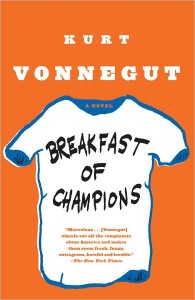 Breakfast of Champions, by Kurt Vonnegut. Don’t discount the simplicity of Vonnegut’s prose. It’s far from simple-minded. Together with Slaughterhouse Five, BOC shows humanity to be a great and tragic phenomenon, one capable of the sublime, even as it acts on its own worst impulses. Tragedy doesn’t have to be sad, Vonnegut demonstrates, at least not when it’s this funny.
Breakfast of Champions, by Kurt Vonnegut. Don’t discount the simplicity of Vonnegut’s prose. It’s far from simple-minded. Together with Slaughterhouse Five, BOC shows humanity to be a great and tragic phenomenon, one capable of the sublime, even as it acts on its own worst impulses. Tragedy doesn’t have to be sad, Vonnegut demonstrates, at least not when it’s this funny.
These five books might not seem like a lot, but if you were to pack them in your bag and read them with a writer’s eyes during a two week beach vacation, you’d bring some serious writing skills back with your sunburn. You might be staggering a bit under the weight of the ideas they contain, but the blank screen will never look the same to you.

 by Mike O’Mary
by Mike O’Mary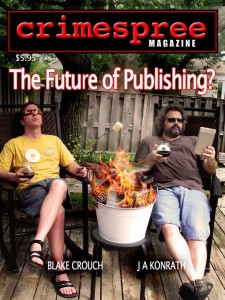 Two weeks ago, I talked about the revolution in the book publishing industry. No big secret, right? Everybody knows that we are in the midst of a major shift from print to digital in the publishing industry. And everybody is speculating about what that means for the “industry” – from the big publishing houses to indie publishers to agents to best-selling authors (who are now passing on six-figure advances because they don’t want to give up their digital rights!) to self-published authors (who would probably gladly give up their digital rights for a six-figure advance!).
Two weeks ago, I talked about the revolution in the book publishing industry. No big secret, right? Everybody knows that we are in the midst of a major shift from print to digital in the publishing industry. And everybody is speculating about what that means for the “industry” – from the big publishing houses to indie publishers to agents to best-selling authors (who are now passing on six-figure advances because they don’t want to give up their digital rights!) to self-published authors (who would probably gladly give up their digital rights for a six-figure advance!).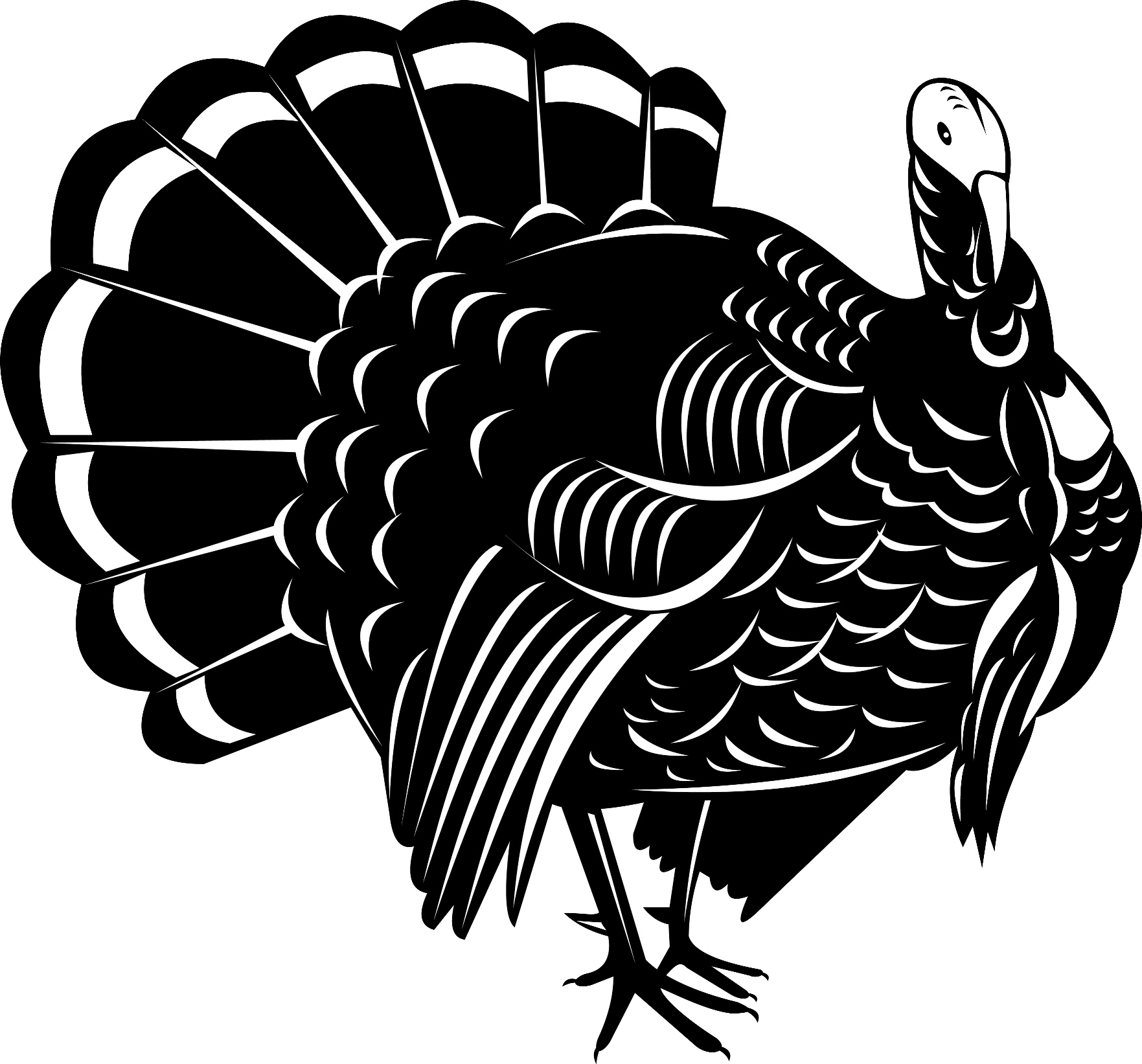 by Mike O’Mary
by Mike O’Mary by Mike O’Mary
by Mike O’Mary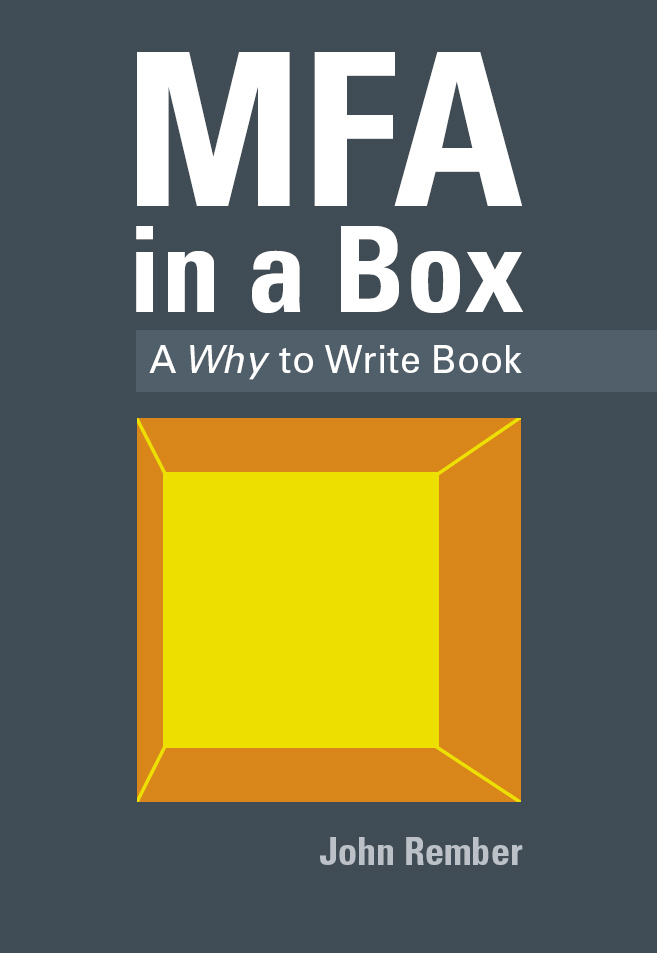
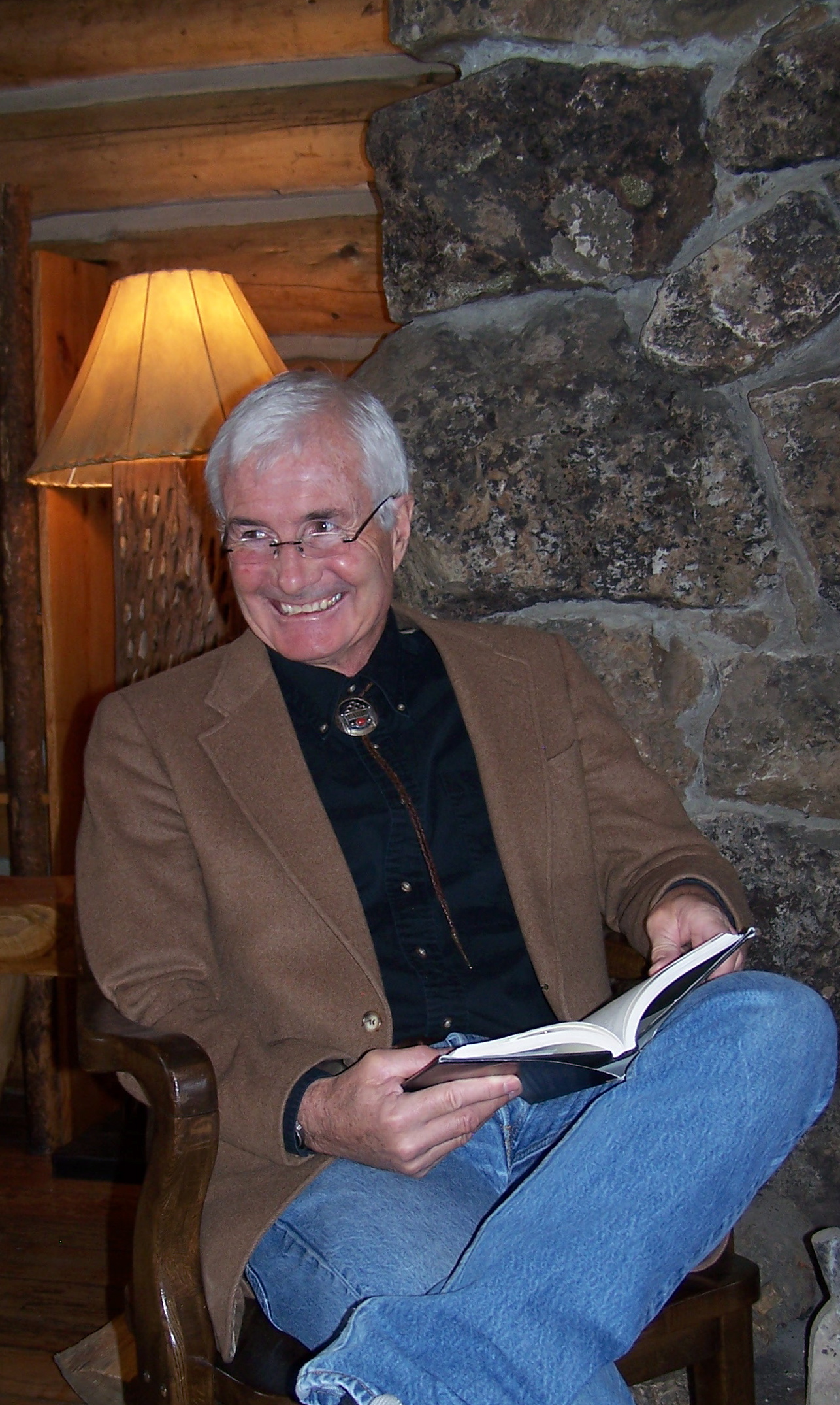 The headline is a quote from Gretchen Little in her
The headline is a quote from Gretchen Little in her